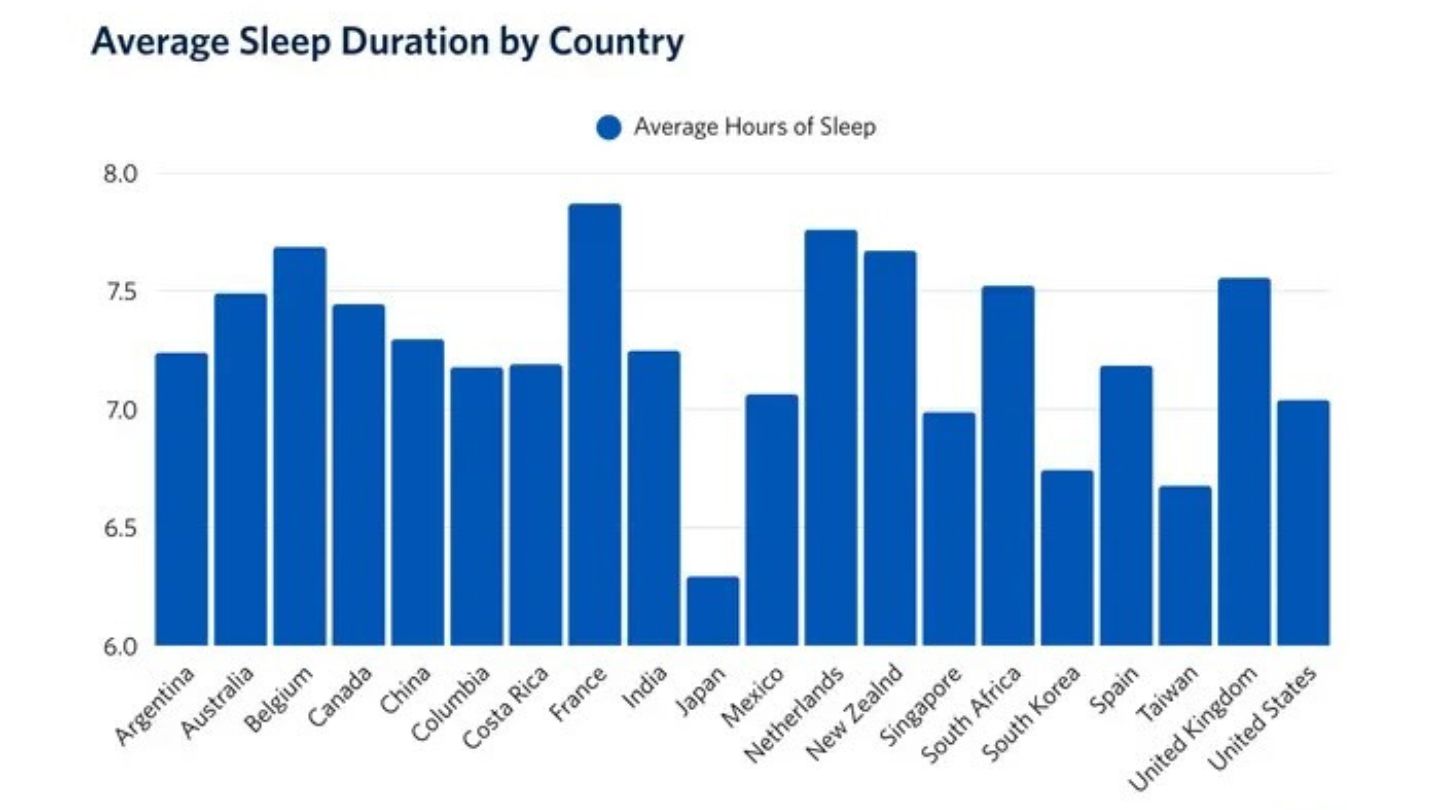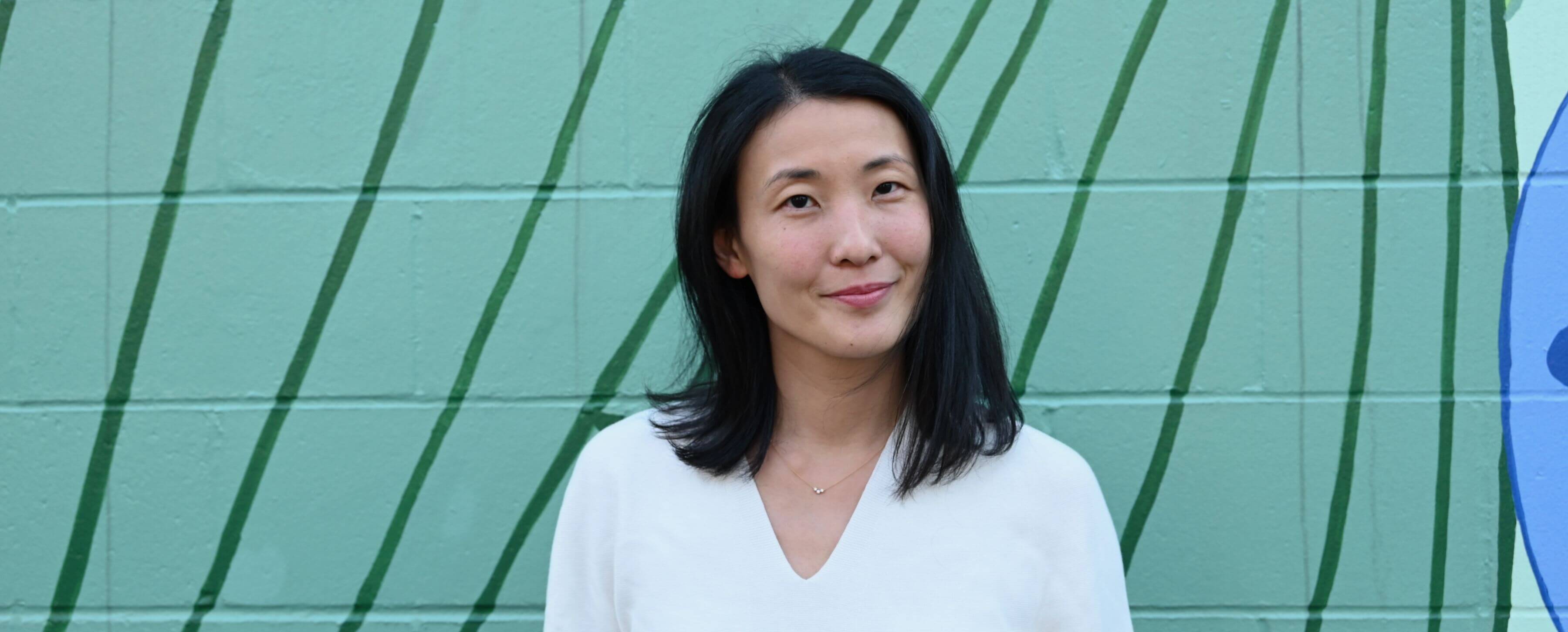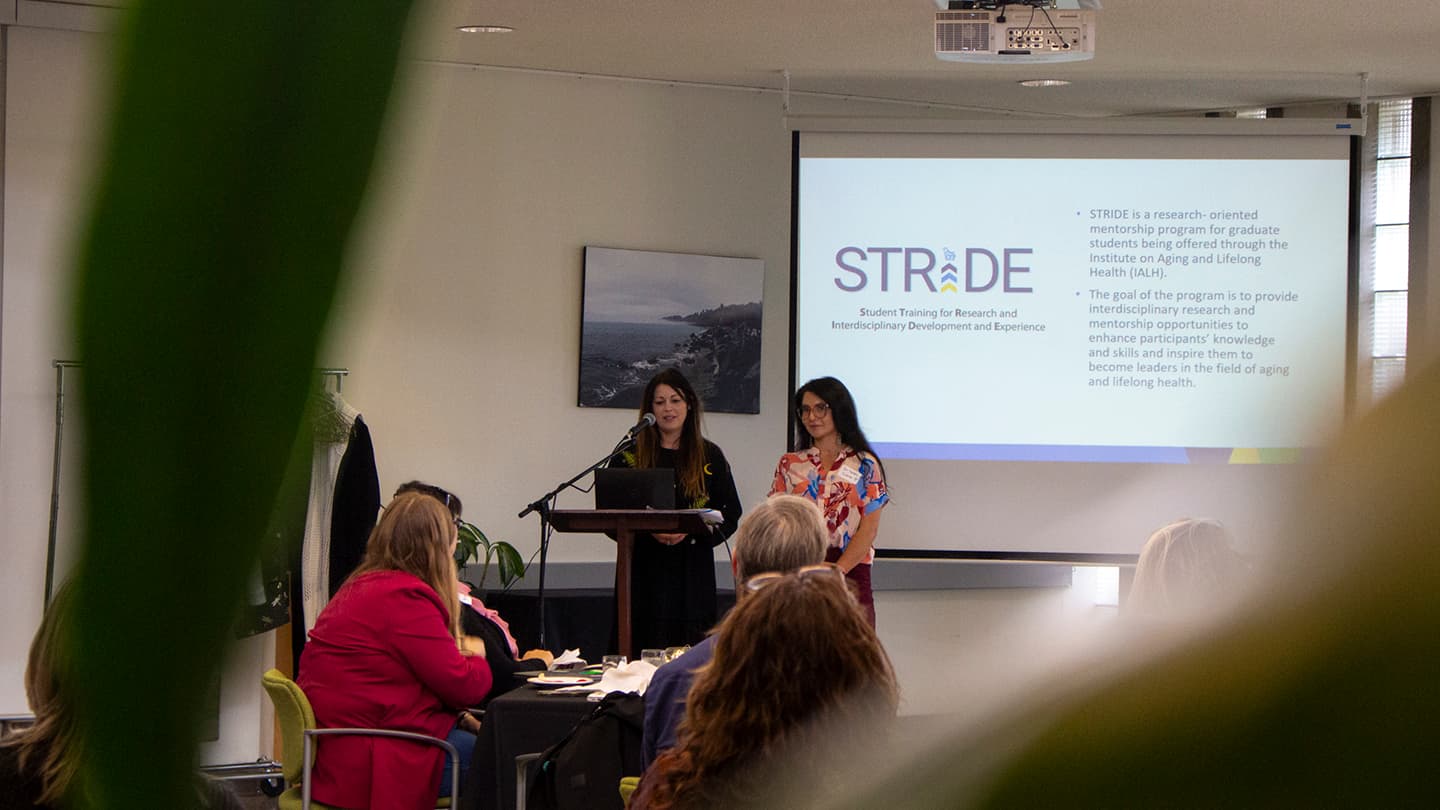Newly published research from the University of Victoria shows that there isn’t a universal standard for what constitutes a healthy night’s sleep, but that it depends on local cultural norms.
An analysis of sleep data and health outcomes for nearly 5,000 people in 20 countries revealed that the hours of sleep required for good health vary significantly across different cultures, challenging the belief that everyone needs the same amount.
Christine Ou, assistant professor in the School of Nursing at UVic and the study’s lead author, says that while people are commonly told they should be sleeping eight hours, a recent investigation suggests that this advice may need to be adjusted for different countries.
Published Tuesday in Proceedings of the National Academy of Sciences (PNAS), the new study confirmed that average sleep time can vary widely from country to country. For example, the average in Japan was six hours and 18 minutes, while in France it was seven hours and 52 minutes. In Canada, it was seven hours and 27 minutes.
“People who slept closer to their own culture’s norms for sleep duration tended to have better overall health,” says Ou. “This suggests that the ideal amount of sleep is the amount that matches what is considered appropriate sleep in one’s cultural context.”

The paper, which was co-authored by Nigel Mantou Lou, an assistant professor in UVic’s department of psychology, expanded on previous research linking shorter sleep durations and poor health outcomes. This collaboration between UVic and University of British Columbia researchers was the first to investigate whether people from countries with shorter sleep durations suffer from worse health.
National sleep duration doesn’t predict national health
The researchers found no evidence that people in countries with shorter average sleep durations were less healthy than those in longer-sleeping nations.
The researchers also discovered that in all 20 countries, people appeared to be sleeping at least one hour less than the amount associated with optimal health in their country.
Underscoring the importance of considering cultural context when making recommendations about sleep, the research suggests that public health guidelines should be more flexible and account for cultural norms to promote better health outcomes.
“Despite the common advice to get eight hours of sleep, our findings suggest that sleep recommendations need to be adjusted based on cultural norms,” says Steven Heine, professor of social and cultural psychology at UBC and senior author of the study. “There is no one-size-fits-all amount of sleep that works for everyone.”
Data for the study came from people in North America, Europe, Asia, Africa and South America.



